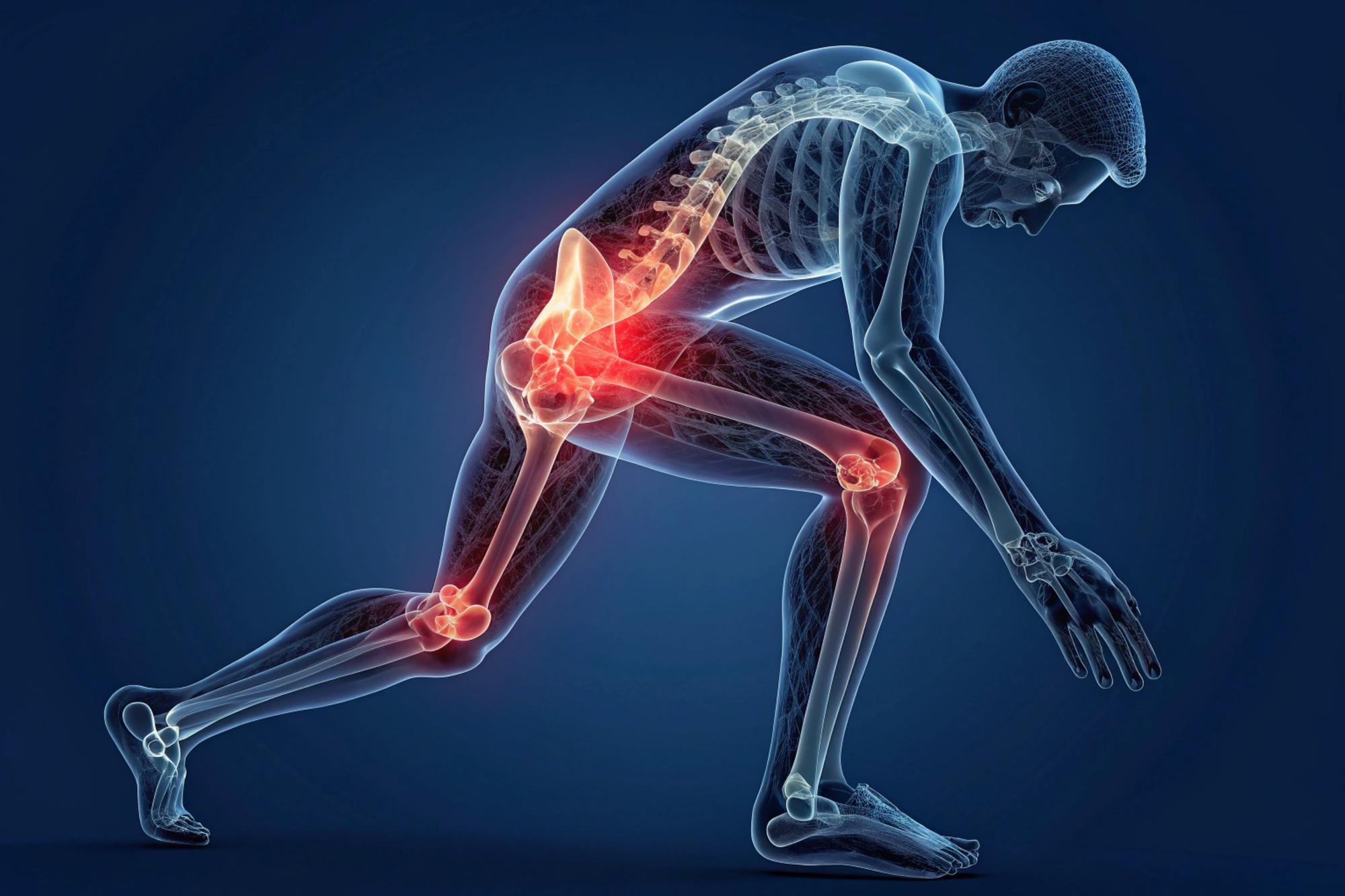
Is It Arthritis or Just Joint Pain? Know the Difference

Joint discomfort is a widespread issue that affects individuals across all age groups. From minor aches after physical exertion to persistent pain that hinders movement, joint pain can occur for a range of reasons. Understanding the distinction between temporary joint pain and arthritis is essential, as the treatment and long-term implications differ significantly. Timely medical attention at a trusted orthopedic hospital in Chennai can make all the difference in managing symptoms effectively.
What Is Joint Pain?
Joint pain typically refers to any soreness, inflammation, or discomfort felt in the area where two bones meet. This pain can be mild and short-lived or more persistent. It may occur after overexertion, minor injuries, or repetitive activity. Occasionally, joint pain also develops due to viral infections or lifestyle-related factors.
Most short-term joint pain improves with simple measures like rest, cold compresses, or anti-inflammatory medication. In such cases, the pain subsides within a few days and does not usually require extensive medical intervention. However, if the pain becomes chronic or recurs frequently, it might indicate an underlying condition like arthritis.
Understanding Arthritis
Arthritis is a chronic condition characterized by inflammation in the joints. Unlike occasional joint discomfort, arthritis involves progressive damage to the joint tissues, which may worsen over time if left untreated. It can cause long-term pain, stiffness, swelling, and in some cases, deformity or loss of function.
There are several types of arthritis, but the most common forms are osteoarthritis and rheumatoid arthritis. Osteoarthritis typically results from wear and tear of the cartilage and is more prevalent among older adults or those with joint injuries. Rheumatoid arthritis is an autoimmune disorder where the body’s immune system attacks its own joint lining, leading to swelling and erosion of the joints.
How to Tell the Difference
Distinguishing between general joint pain and arthritis often comes down to the nature, frequency, and duration of symptoms. Joint pain due to overuse is usually short-term, improves with rest, and lacks other significant symptoms. It is often confined to a specific joint and doesn’t cause long-term stiffness or swelling.
Arthritis pain tends to be more persistent. It is commonly accompanied by morning stiffness that lasts longer than 30 minutes, visible swelling, and limited range of motion. The pain may also be symmetrical, affecting the same joints on both sides of the body, especially in cases like rheumatoid arthritis. Fatigue, mild fever, or general discomfort may also be present, further distinguishing it from isolated joint pain.
When to Seek Medical Help
While occasional aches are usually harmless, certain warning signs should not be ignored. If joint pain continues for more than a week, is accompanied by swelling, heat, or stiffness, or interferes with everyday activities, it is time to consult an orthopedic specialist. Early diagnosis not only helps in controlling symptoms but also in slowing down the progression of any underlying condition.
Orthopedic hospitals in Chennai are equipped with advanced tools such as X-rays, MRI scans, and laboratory tests that help identify the exact cause of joint discomfort. With accurate diagnosis, personalized treatment plans can be designed to address specific needs.
Treatment and Management Options
For mild joint pain, treatment may involve rest, physiotherapy, and medications to reduce inflammation. On the other hand, arthritis often requires a comprehensive management plan that may include long-term medication, lifestyle changes, and in some cases, surgical interventions.
Osteoarthritis patients may benefit from physical therapy, weight management, and joint support devices. In advanced stages, procedures like joint replacement may be necessary. Those with rheumatoid arthritis often require immunosuppressive medication to control inflammation and prevent joint damage.
Maintaining an active lifestyle and a healthy diet, along with prescribed therapies, plays an important role in managing both joint pain and arthritis. Patients are also encouraged to attend regular follow-ups to monitor disease progression and adjust treatments as needed.
Choosing the Right Orthopedic Care
Selecting a reliable orthopedic hospital in Chennai ensures access to experienced specialists, advanced diagnostics, and a patient-centered approach. Such hospitals offer multidisciplinary support that includes rheumatologists, physiotherapists, and orthopedic surgeons who collaborate to provide holistic care.
From managing mild joint complaints to performing complex surgeries, these hospitals are equipped to handle the full spectrum of joint-related disorders. Personalized care plans and rehabilitation programs further support recovery and long-term well-being.
Conclusion
While temporary joint pain is often harmless, persistent symptoms may point to arthritis or another chronic condition. Recognizing the differences early can prevent complications and lead to more effective treatment. Seeking care from a reputed orthopedic hospital in Chennai ensures that patients receive the right diagnosis and support. With early intervention, most joint issues can be managed successfully, allowing individuals to stay active and maintain a good quality of life.
Joint discomfort is a widespread issue that affects individuals across all age groups. From minor aches after physical exertion to persistent pain that hinders movement, joint pain can occur for a range of reasons. Understanding the distinction between temporary joint pain and arthritis is essential, as the treatment and long-term implications differ significantly. Timely medical attention at a trusted orthopedic hospital in Chennai can make all the difference in managing symptoms effectively.

